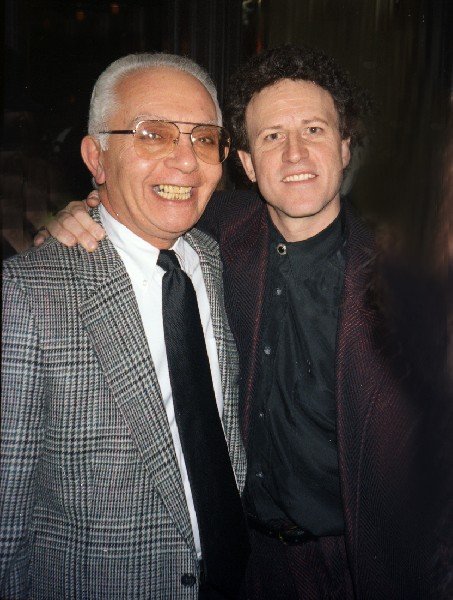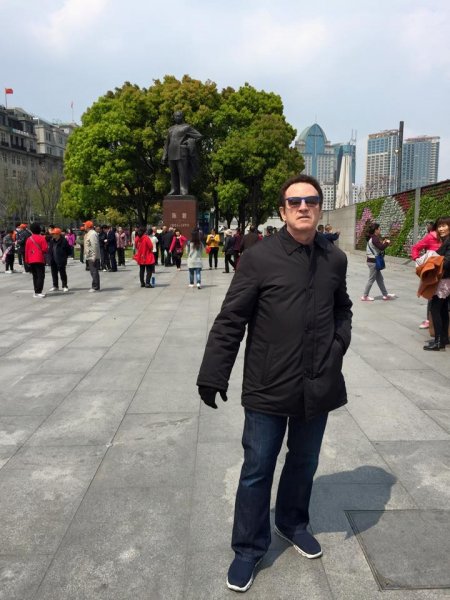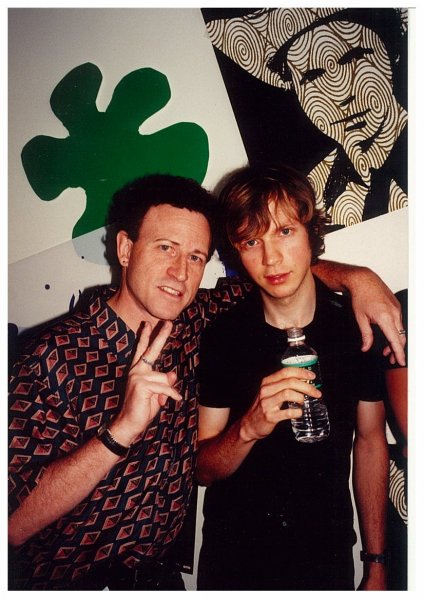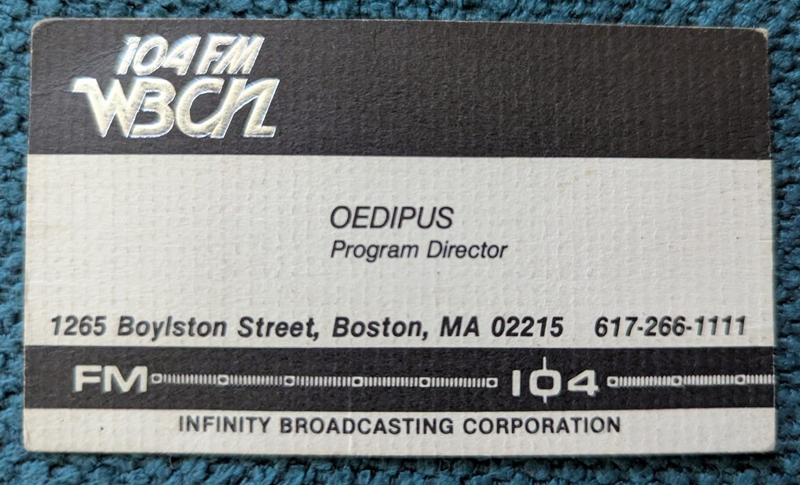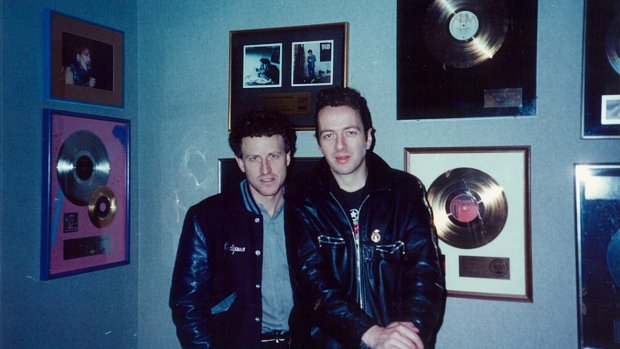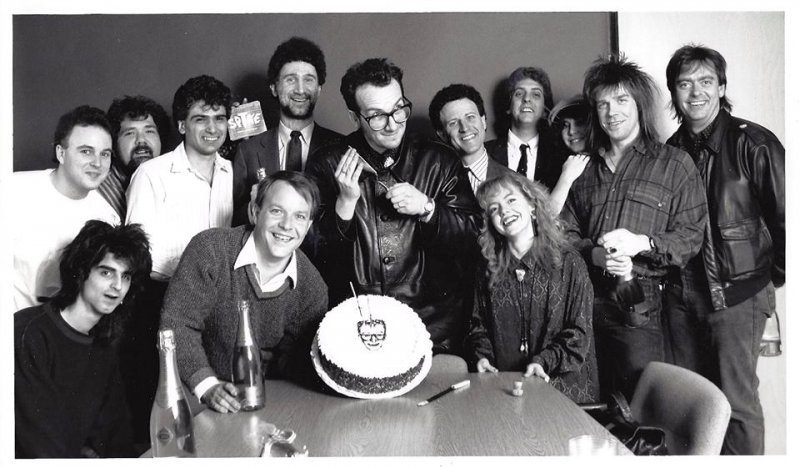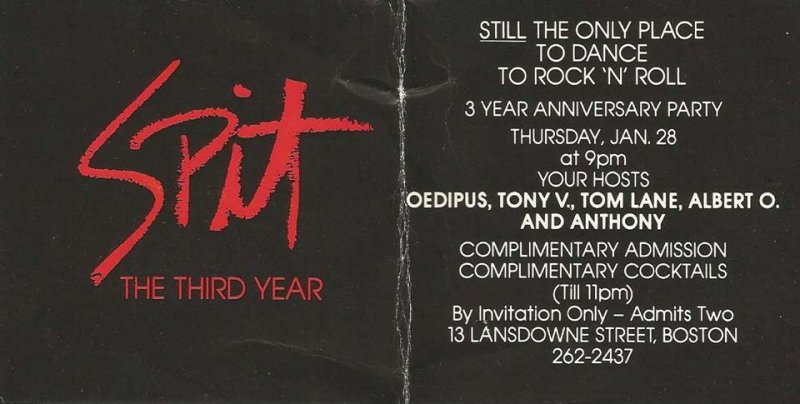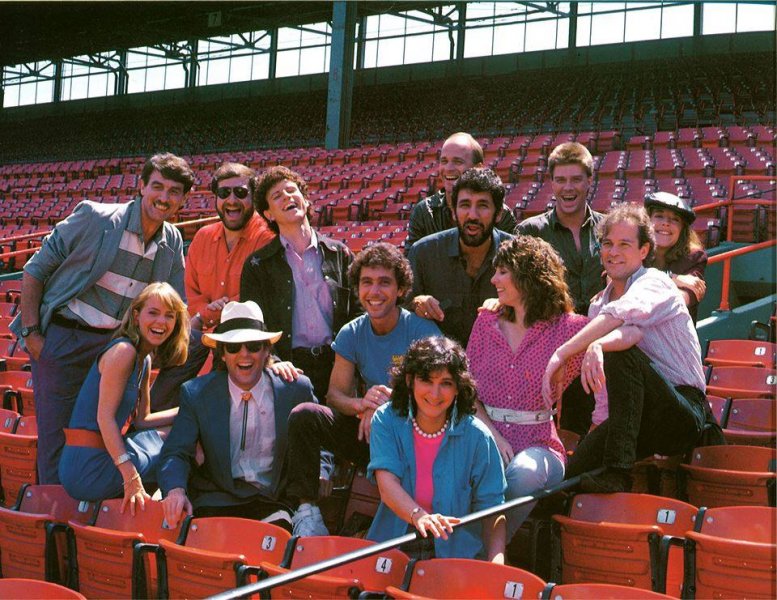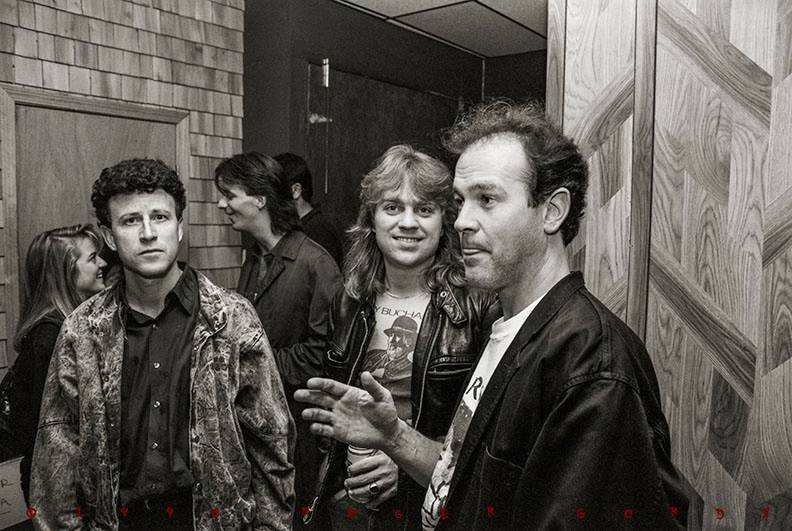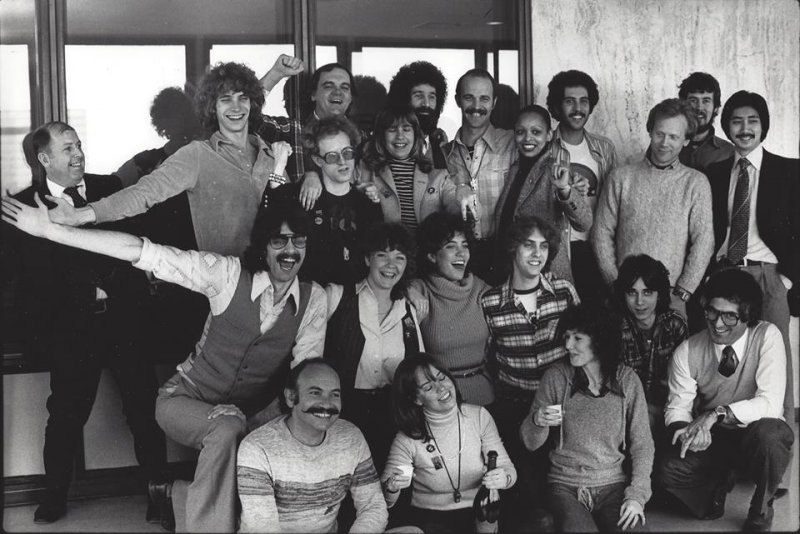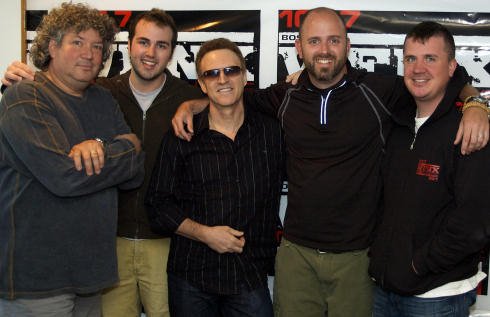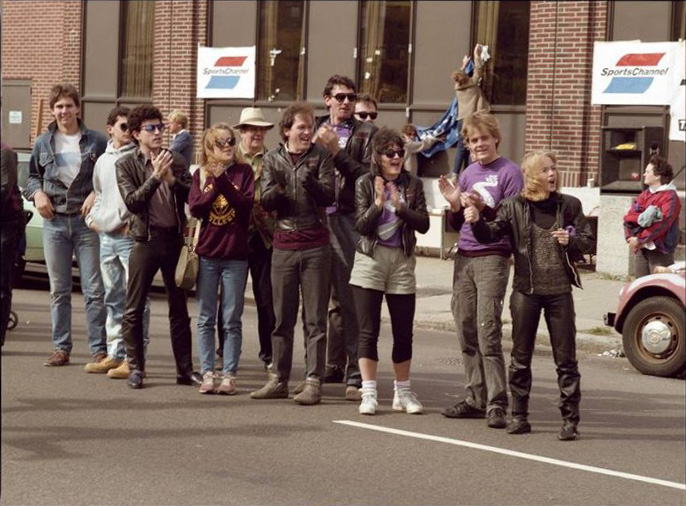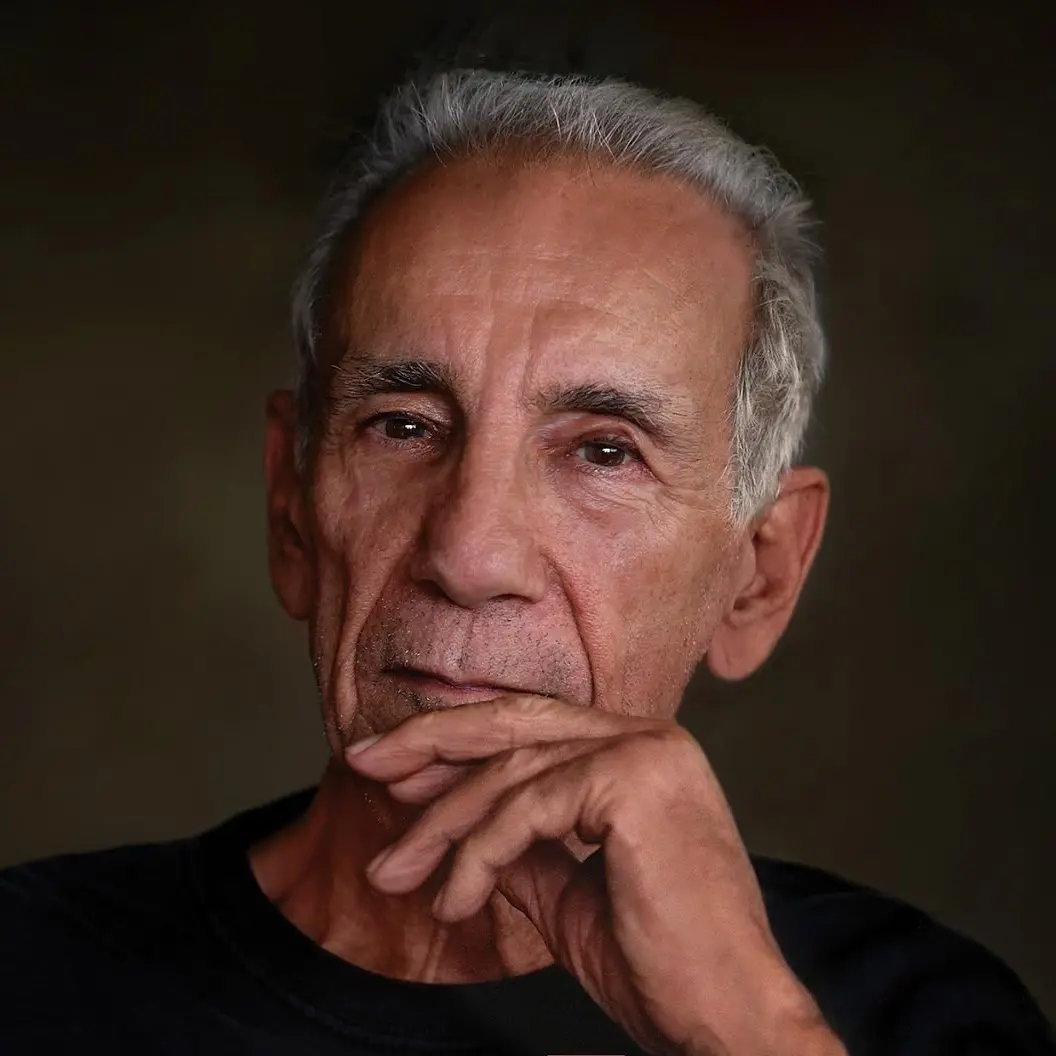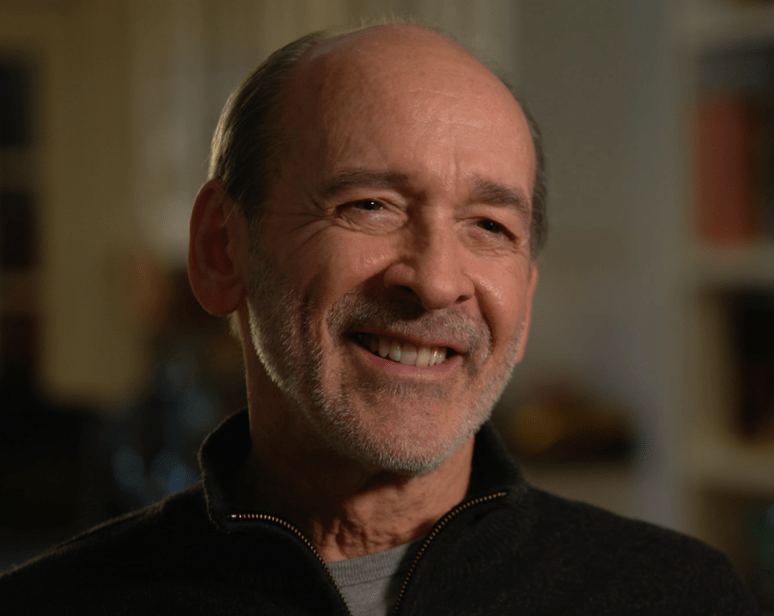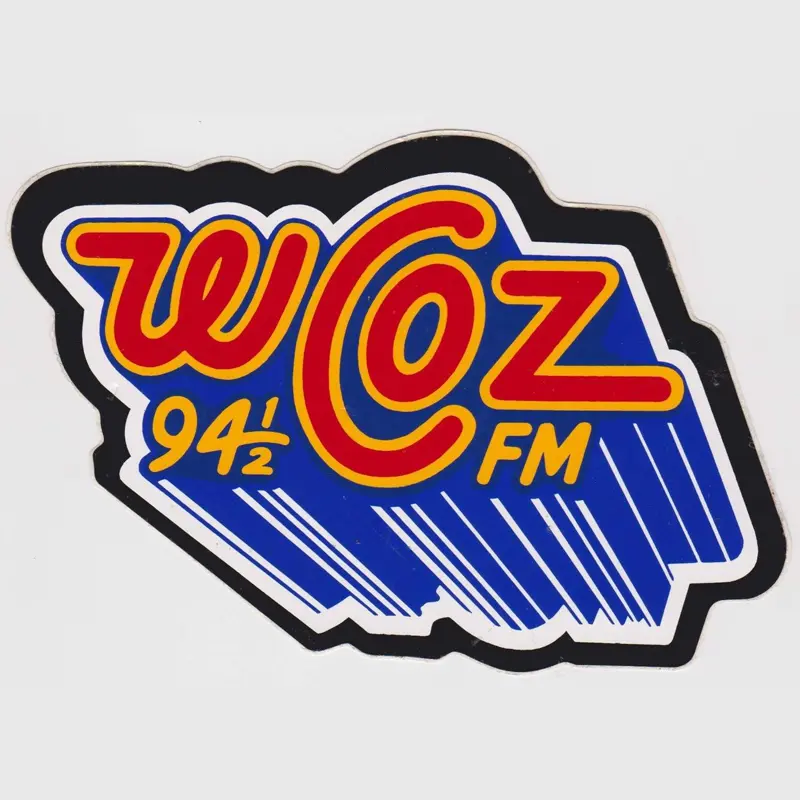Oedipus
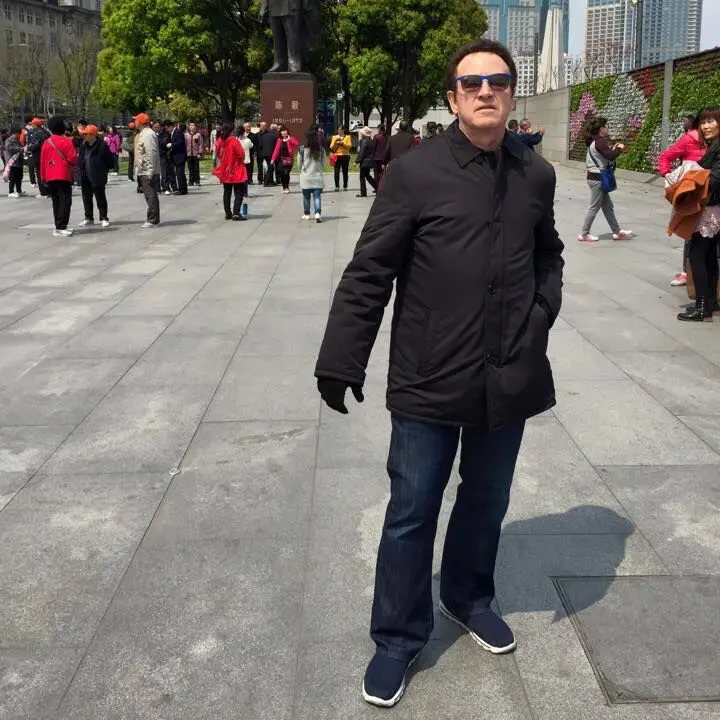
Multi-award-winning, longtime WBCN program director Oedipus got into the radio business indirectly through right time-right place situations in Israel and at Tufts Dental School. The Cleveland native grew up listening to Motown and top-40 radio and, at a very young age, saw Little Stevie Wonder play at Leo’s Casino in Cleveland. Years later, while living on a kibbutz in Israel, a friend mentioned that Boston was his type of town. Upon his return to the States, Oedipus, then 21, moved to the city with a knapsack and a guitar.
Volunteering at WBCN, WTBS, Nuit Blanche, The Demi-Monde
A temp job at Tufts involved answering phones during the receptionist’s lunchbreak, but he did it with such dramatic flair that coworkers said he should be in radio. A roommate who volunteered at WBCN told Oedipus that popular on-air personality Charles Laquidara was looking for a writer and Oedipus talked his way into the volunteer position.
He also started doing weekly news reports for the station about Boston clubs and stumbled onto the beginnings of the punk-rock scene. That kind of music wasn’t yet being played on Boston radio, but Oedipus landed a volunteer slot at MIT’s WTBS (now WMBR) that became the first punk-focused show in the US. He started hosting a program called Nuit Blanche, then did another, The Demi-Monde, which caught the eye of ‘BCN program director Tommy Hadges, who noticed that Oedipus was getting impressive ratings on the tiny, 10-watt station.
Joining WBCN, Nocturnal Emissions, Boston Emissions
Hadges hired him as a part-time announcer at WBCN. That led to a fulltime position and, soon after that, Oedipus created Nocturnal Emissions (taken from a line in Lawrence Durrell’s novel “The Alexandria Quartet”). Aired on Sunday nights, it concentrated on punk and new wave and, after he began including a number of bands from Boston, Oedipus split it into two shows: Nocturnal Emissions and Boston Emissions.
Big changes came with Oedipus being named program director at a time when WBCN was being crushed in the ratings by WCOZ. His plan was to add more structure to the station’s freeform format, and it worked; WCOZ went out of business and ‘BCN kept going, just changing with the times. As album-oriented rock switched to alternative rock, Oedipus continued adding new titles to his resume. He was named vice president for programming for WBCN, then vice president of alternative programming for Infinity Broadcasting (now CBS Radio), which involved 16 alternative and rock stations.
Thailand, The Oedipus Project, The Oedipus Foundation
When he left CBS, Oedipus followed through on a decades-long fascination with Thailand and enrolled at Chulalongkorn University in Bangkok, where he met his wife. These days, they split their time between a Boston suburb and Bangkok.
But Oedipus is still very much involved in radio. On his website, The Oedipus Project, he plays both new indie music and favorites taken from his personal library. He also does a weekly two-hour new music show on Radio BDC, the Boston Globe’s Internet station. On top of that there’s The Oedipus Foundation which, in his words, is “my foundation for artistic offense, environmental defense and life longevity.”
(by Ed Symkus)

